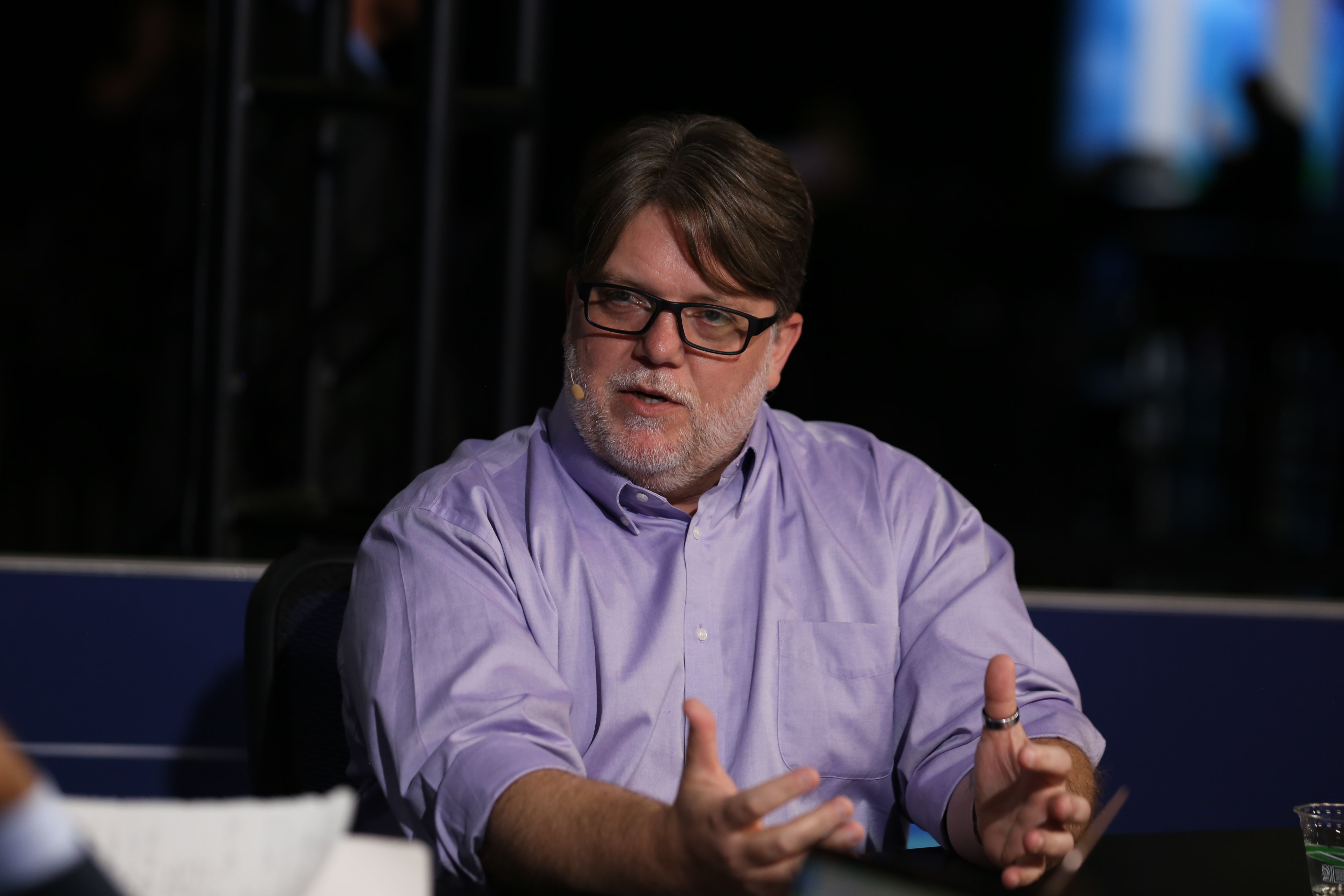 CLOUD
CLOUD
 CLOUD
CLOUD
 CLOUD
CLOUD
Since the Broadcom VMware acquisition in November 2023, the industry has been watching to see how the move would play out.
Customers have been frustrated with some of the bumps in the road, but the cost and difficulty of moving away from VMware may overcome their doubts, according to Brent Ellis (pictured), senior analyst at Forrester Research Inc.

Forrester Research’s Brent Ellis talks about the impact VMware’s acquisition has had on customers.
“Most people, they were standardizing around the hypervisor, but there might’ve been a certain threshold where, for instance, the cost of doing the hyper-converged storage from VMware, the vSAN product, might’ve been more expensive than moving back to a dedicated storage system,” he said. “They have to make the decision: ‘Do we change our underlying infrastructure in order to take advantage of what we’re going to be paying for anyway, or not?’ That’s a hard decision for a lot of customers.”
Ellis spoke with theCUBE Research’s Dave Vellante and John Furrier at VMware Explore during an exclusive broadcast on theCUBE, SiliconANGLE Media’s livestreaming studio. They discussed Chief Executive Officer Hock Tan’s strategy behind the Broadcom VMware acquisition and how customers are making business decisions in response to the transition.
Under Broadcom Inc., VMware has shifted away from a growth-centric strategy to maximizing profit and cementing its place in the enterprise stack. The company is also focused on private cloud solutions and replicating cloud services on-premises.
“As long as [Tan] keeps the [total cost of ownership] for running a workload under the cost of the public cloud and under the cost of comparable competitors, he’s good,” Ellis said. “But the bar was low … essentially [VMware] was the discounted enterprise virtualization suite for Dell and EMC, and they used it to sell hardware; they used it to sell the other parts of their infrastructure. The price was artificially kept low, and essentially Hock Tan is allowing [time] to figure out, ‘Will it sustain this higher price?’ I think when you talk about the inertia, when you talk about how well embedded it is within the tech stack, the answer’s probably going to be yes.”
For many customers, it will be too difficult and expensive to migrate out of full-scale VMware, Furrier predicted. If VMware can weather the storm post-acquisition, the company could see major profits moving forward.
“Even if Broadcom can get VMware [annual recurring revenue] to five billion, which is their target — and I’m sure the revenue could be higher than that — that creates a $100 billion of value for a $63 billion acquisition,” Vellante said. “If they get it to $10 billion … now you’re talking about creating $200 billion of value for shareholders for 63 or 62 billion, whatever they paid. It’s like a no-brainer from a shareholder perspective.”
Here’s the complete video interview, part of SiliconANGLE’s and theCUBE Research’s coverage of VMware Explore:
Support our mission to keep content open and free by engaging with theCUBE community. Join theCUBE’s Alumni Trust Network, where technology leaders connect, share intelligence and create opportunities.
Founded by tech visionaries John Furrier and Dave Vellante, SiliconANGLE Media has built a dynamic ecosystem of industry-leading digital media brands that reach 15+ million elite tech professionals. Our new proprietary theCUBE AI Video Cloud is breaking ground in audience interaction, leveraging theCUBEai.com neural network to help technology companies make data-driven decisions and stay at the forefront of industry conversations.